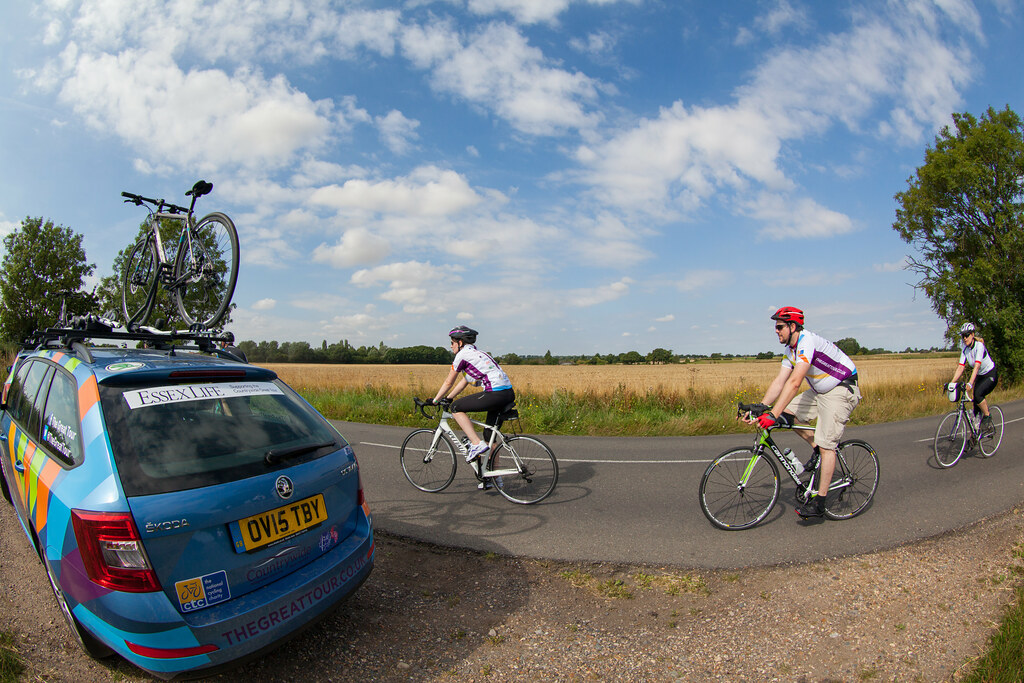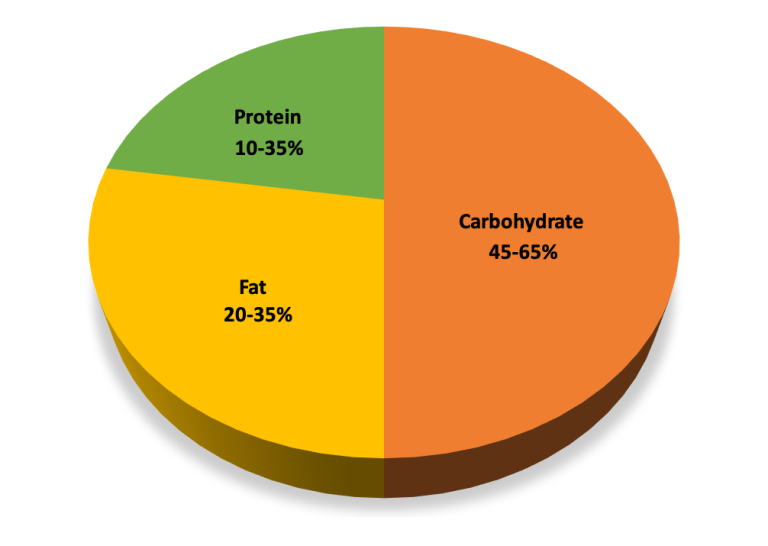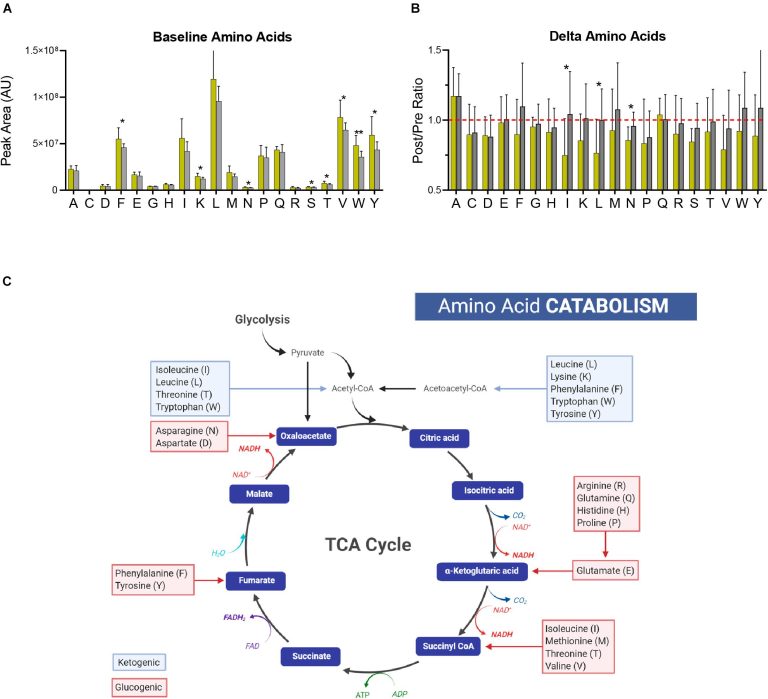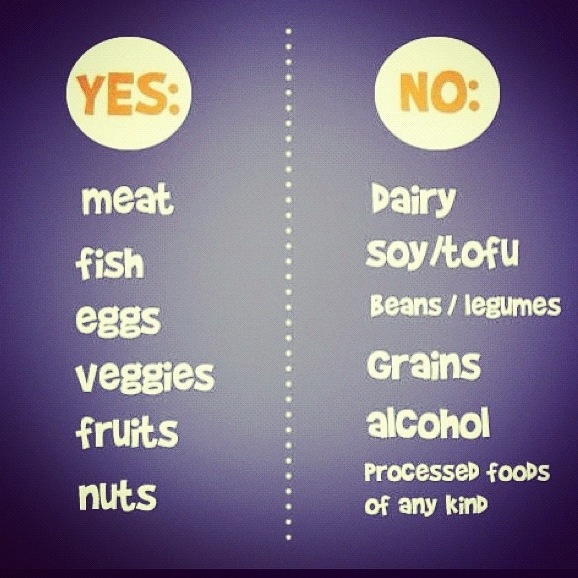Nutrition Tips for Multi-Day Cycling Events
Introduction
Participating in multi-day cycling events requires more than just a well-maintained bike and strong legs. It’s a test of endurance, and nutrition plays a crucial role in keeping your energy levels up and aiding recovery after each day’s ride. Understanding how to fuel your body effectively can be the difference between finishing strong and not finishing at all. This article will delve into vital nutrition tips for multi-day cycling events, ensuring you stay hydrated, maintain energy, and recover efficiently. By adopting these strategies, cyclists can enhance their performance and overall experience, allowing them to focus on pedaling through those breathtaking landscapes.
Cycling is a demanding sport that requires attention to various performance metrics, including VO2 Max and cycling cadence. However, focusing on nutrition is equally important. Whether you are assessing cycling performance metrics or ensuring your bike is in tip-top shape, integrating nutrition into your preparation will provide you with a comprehensive approach to cycling success.

Main Body
Best Nutrition Practices for Cyclists
Fueling your multi-day cycling adventure starts long before the event itself. Nutrition is essential not only during the ride but also in the preparation phase. Carbohydrate loading is a popular method among endurance athletes, helping to maximize glycogen storage in muscles. For cyclists, this means consuming a higher percentage of carbohydrates in the days leading up to the event. Foods rich in healthy carbohydrates, such as pasta, rice, and whole grains, should be incorporated into meals.
Protein intake is another critical component. While carbohydrates fuel your ride, protein helps repair and build muscles. A balanced diet that includes lean protein sources like chicken, fish, beans, and nuts is recommended.
Cycling hydration Strategies
Proper hydration is vital for maintaining peak performance. Dehydration can lead to fatigue, which may impact your overall performance. It’s essential to establish a hydration strategy that includes consistent water intake before, during, and after cycling. Electrolyte balance is crucial, especially during long rides where you lose minerals through sweat. Electrolyte drinks and supplements can help replenish these crucial nutrients.
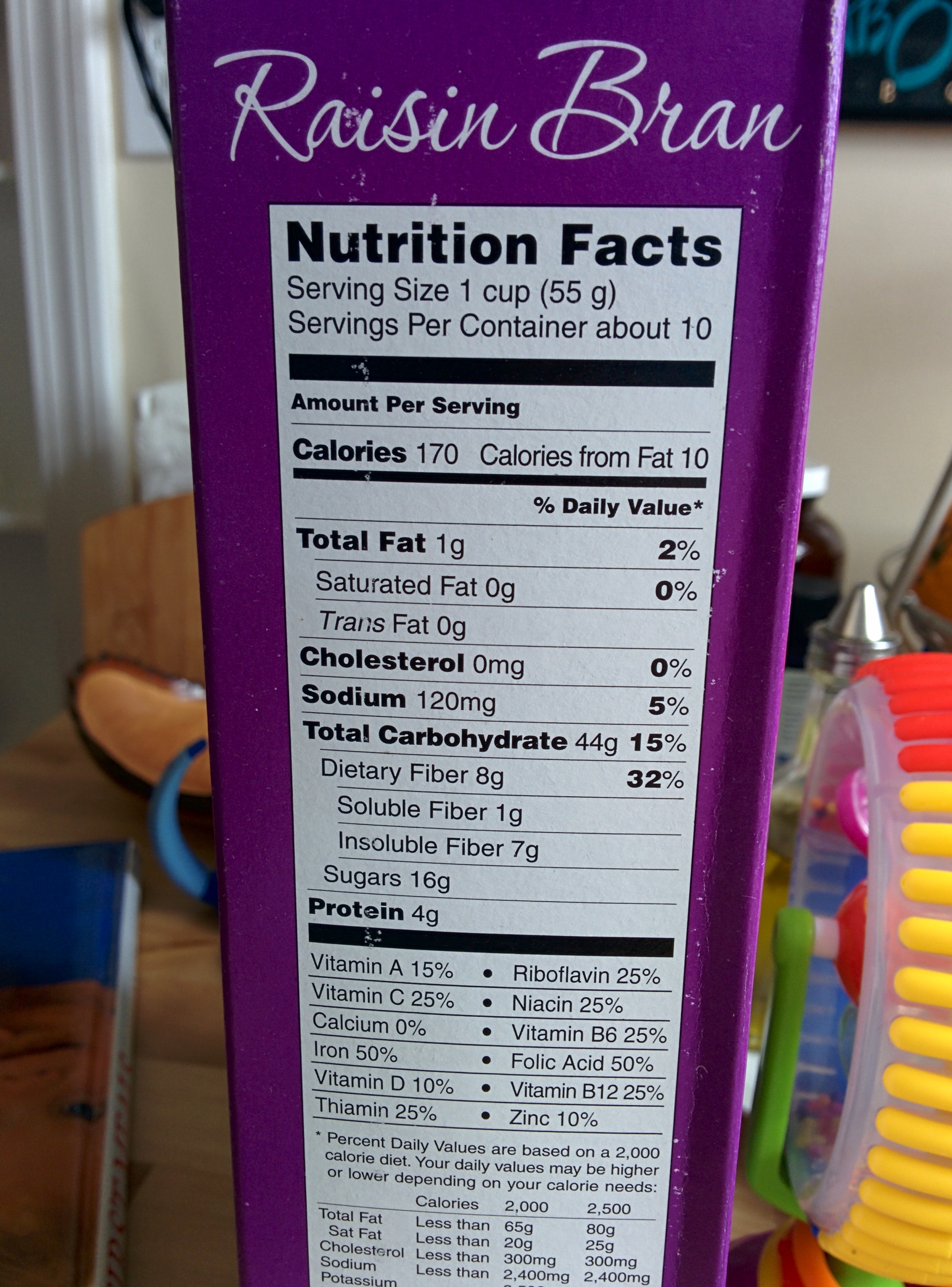
Cycling Energy Management
During a multi-day event, energy management becomes a balancing act. On-the-go snacks such as bananas, energy bars, and gels provide quick energy boosts when needed. Nutritional timing is critical; consuming small amounts of carbohydrates every 30-45 minutes during the ride can help maintain energy levels.
Healthy fats such as those found in nuts, seeds, and avocados play a role in sustained energy release. Integrating these into your meals can support prolonged physical exertion.
Meal Planning for Multi-Day Events
Meal planning ensures you have the nutrients needed for recovery and preparation for the next day’s ride. A cycling breakfast rich in carbs and protein, such as oatmeal with nuts and berries, can kickstart your day. Pre-ride nutrition should focus on easily digestible foods to avoid discomfort.
Post-ride nutrition is crucial for muscle recovery. Consuming a combination of protein and carbohydrates within 30 minutes of completing a ride can aid in glycogen replenishment. Recovery foods like chocolate milk, yogurt with fruit, or a turkey sandwich offer easy, effective ways to support recovery.
Dietary Supplements and Vitamins
While most nutrients should come from a balanced diet, dietary supplements can be beneficial in specific situations. Common supplements include multivitamins and fish oil. Vitamin intake, particularly vitamin D and calcium, can support bone health, while iron supports oxygen transport in blood, enhancing performance.
Advanced Techniques for Cycling Nutrition
For those looking to optimize their performance, understanding glycogen storage and how to enhance it can be advantageous. Consuming low-glycemic-index foods during longer breaks can help maintain steady energy levels without causing spikes in blood sugar.
Power-based training also complements nutrition strategies by improving efficiency and ensuring energy from food sources is used effectively. Mental resilience, supported by proper nutrition, can help cyclists push through challenging segments.
Data, Metrics, and Studies
Research has shown that carbohydrate loading can increase endurance by up to 20%, allowing cyclists to maintain higher intensities for extended periods. Studies also indicate a direct correlation between hydration and improved cycling cadence, a vital performance metric.
Similarly, monitoring calorie management and nutrient timing can lead to significant improvements in VO2 Max, a measure often used to determine a cyclist’s aerobic fitness. The use of power meters for performance tracking has reinforced the importance of pairing nutritional strategies with training techniques for maximum benefits.
User Intent and Benefits
Cyclists often seek ways to improve endurance, cycling techniques, or optimize workouts. Nutrition plays a foundational role in achieving these objectives. Implementing effective nutrition strategies can enhance muscle recovery, increase stamina, and ultimately improve overall cycling performance. Tailoring these strategies to individual needs ensures optimal results, whether you’re a beginner looking to bike longer distances or an experienced cyclist aiming to break personal records.
SEO and Readability
Throughout this guide, we’ve naturally integrated keywords related to nutrition tips for multi-day cycling events. This ensures the content remains SEO-friendly and engaging for a wide range of readers, from novices to seasoned cyclists. Presented in an easy-to-understand tone, it offers practical advice applicable across cycling disciplines.
Visual Content Suggestions
Including visuals like infographics on improving cycling cadence, diagrams explaining heart rate zones, and charts depicting training progress can significantly enhance understanding. These visual elements fit naturally within discussions about cycling performance, hydration strategies, and meal planning.
FAQs
What should I eat the night before a multi-day cycling event?
A meal rich in carbohydrates and moderate in protein and fat is ideal. Consider whole-grain pasta with lean meat and vegetables for sustained energy storage.
How do I maintain energy levels during a long ride?
Consume small amounts of carbs every 30-45 minutes, such as energy gels or bananas, and ensure adequate hydration. This supports sustained energy release.
Why are electrolytes important for cyclists?
Electrolytes help maintain the body’s fluid balance, support muscle function, and prevent cramps during prolonged physical activity.
Are supplements necessary for cyclists?
Supplements can be beneficial for filling nutritional gaps but should not replace a balanced diet. Consult with a health professional before starting any supplementation regimen.
How can I improve my muscle recovery after a ride?
Consume a mix of protein and carbohydrates within 30 minutes post-ride, such as a protein shake or yogurt with fruit, to promote muscle repair and glycogen replenishment.
Conclusion
In conclusion, proper nutrition is vital for the success of multi-day cycling events. By implementing these nutrition tips—focusing on energy management, hydration, meal planning, and recovery—cyclists can significantly enhance their performance and endurance. We encourage you to incorporate these strategies into your cycling routines, experiment to find what works best for you, and share your experiences with fellow cyclists. Whether you’re a beginner or seasoned rider, these nutritional guidelines can make your next cycling adventure not only successful but also more enjoyable.
